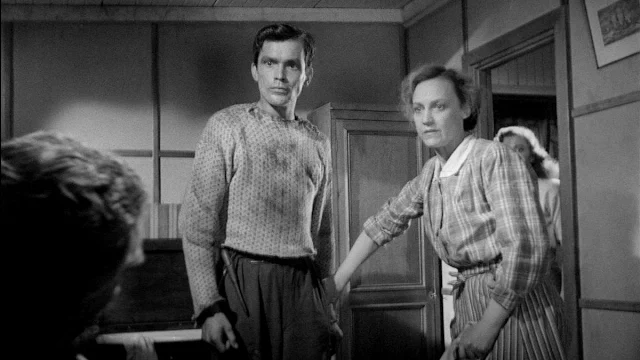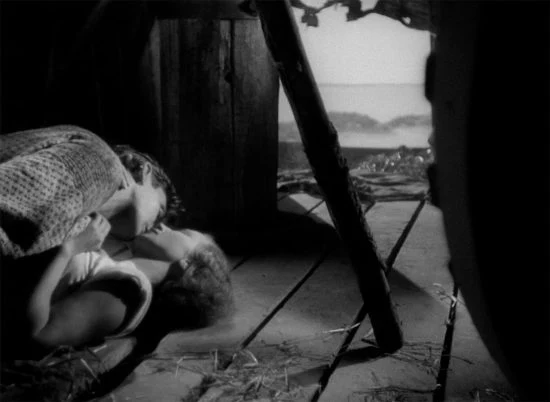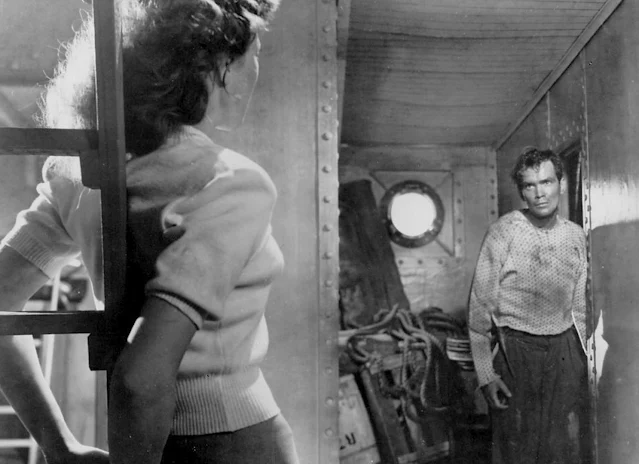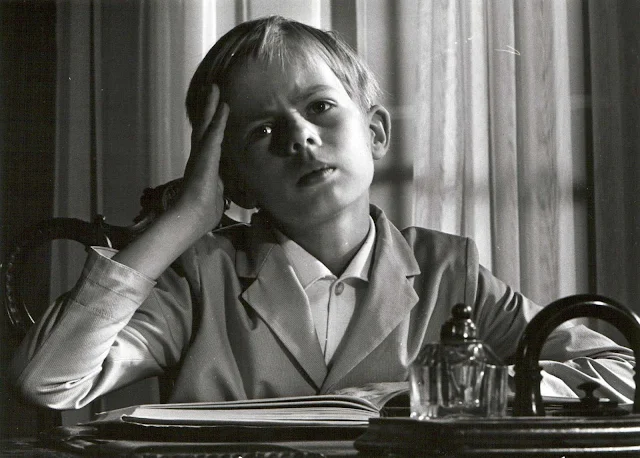A blog formerly known as Bookishness / By Charles Matthews
"Dazzled by so many and such marvelous inventions, the people of Macondo ... became indignant over the living images that the prosperous merchant Bruno Crespi projected in the theater with the lion-head ticket windows, for a character who had died and was buried in one film and for whose misfortune tears had been shed would reappear alive and transformed into an Arab in the next one. The audience, who had paid two cents apiece to share the difficulties of the actors, would not tolerate that outlandish fraud and they broke up the seats. The mayor, at the urging of Bruno Crespi, explained in a proclamation that the cinema was a machine of illusions that did not merit the emotional outbursts of the audience. With that discouraging explanation many ... decided not to return to the movies, considering that they already had too many troubles of their own to weep over the acted-out misfortunes of imaginary beings."--Gabriel García Márquez, One Hundred Years of Solitude
Search This Blog
Saturday, July 27, 2024
Waiting Women (Ingmar Bergman, 1952)
Sunday, June 30, 2024
Thirst (Ingmar Bergman, 1949)
Monday, June 24, 2024
Port of Call (Ingmar Bergman, 1948)
Monday, June 17, 2024
A Ship to India (Ingmar Bergman, 1947)
Friday, September 25, 2020
The Touch (Ingmar Bergman, 1971)
 |
| Bibi Andersson and Elliott Gould in The Touch |
Monday, September 21, 2020
Brink of Life (Ingmar Bergman, 1958)
 |
| Ingrid Thulin and Bibi Andersson in Brink of Life |
For all the frankness of its subject matter, Ingmar Bergman's Brink of Life is as formulaic as a Hollywood movie of the 1950s. Three women are sharing a room in the obstetrics ward of a hospital. One of them, Cecilia (Ingrid Thulin), has miscarried and is being treated for bleeding. Another, Stina (Eva Dahlbeck), is in almost the opposite condition: She has gone well past term in her pregnancy and is there hoping that labor will be induced if it doesn't occur right away. The third, Hjördis (Bibi Andersson), is only in her third month, but she has experienced some bleeding -- perhaps, we learn, because she's unwed and doesn't want the baby, so she's been trying to cause a spontaneous abortion. Cecilia is in the throes of depression, blaming herself for the miscarriage because neither she nor her cold, priggish husband, Anders (Erland Josephson), was entirely certain that they wanted a child. Again, Stina is the precise opposite: She's rapturous about having a baby, and so is her husband, Harry (Max von Sydow). Between these polarities, Hjördis is fighting with the social worker who is trying to advise her on how she can live after the baby arrives. The best advice is, of course, to go home to her parents, but since she left precisely because she doesn't get along with her mother, she strongly rejects the idea of facing the disapproval she expects to encounter from her. It's all a setup for the kind of plot resolutions you might expect: Cecilia grows stronger and chooses to face up to her disintegrating marriage and a childless future. Stina loses the baby in a prolonged and difficult labor. And Hjördis discovers that maybe her mother isn't so bad after all. There's a feeling of anticlimax about these eventualities. That the film works at all is the product of the performances of the three actresses, along with Bergman's steadily unsentimental direction, which makes the predictability of the story more tolerable than it might be in a Hollywood tearjerker. Still, I can't help feeling that the stories of what happens to Cecilia, Stina, and Hjördis after the film ends would make a more interesting movie.
Tuesday, June 4, 2019
The Passion of Anna (Ingmar Bergman, 1969)
Saturday, March 23, 2019
The Silence (Ingmar Bergman, 1963)
The Silence (Ingmar Bergman, 1963)
Cast: Ingrid Thulin, Gunnel Lindblom, Jörgen Lindström, Håkan Jahnberg, Birger Malmsten. Screenplay: Ingmar Bergman. Cinematography: Sven Nykvist. Production design: P.A. Lundgren. Film editing: Ulla Ryghe. Music: Ivan Renliden.

















































